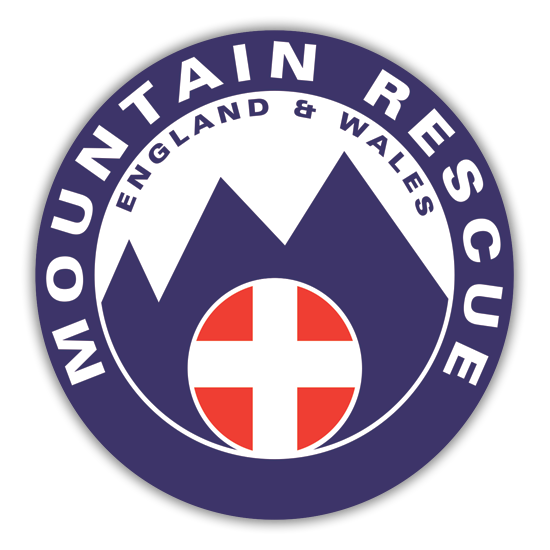Stay safe
@ Paul Burke
We want you to enjoy your time in the hills, mountains and moorlands as much as we do but, whatever your activity, we know you’ll want to return home safe and sound and looking forward to your next adventure. So set out well-prepared for whatever you plan – mentally and physically, as well as kit-wise. Be #AdventureSmart and make your good day better.
Before you set out:
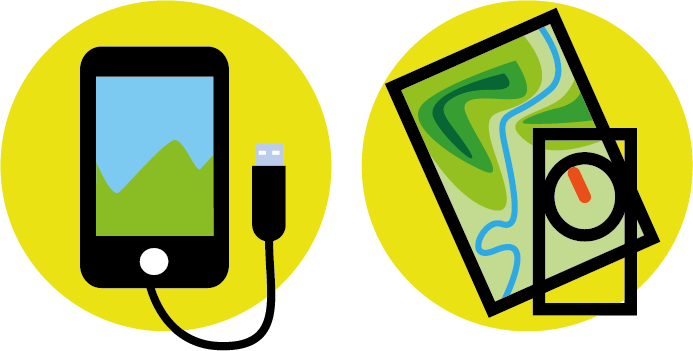
Charge your phone
Many accidents occur towards the end of the day when both you and your phone are low on energy. Register your phone with emergencysms.org.uk.
Plan your route carefully
Consider the time of year, terrain and the nature of your trip and choose your route accordingly. Remember: Mountains are major undertakings and in winter, it goes dark early!
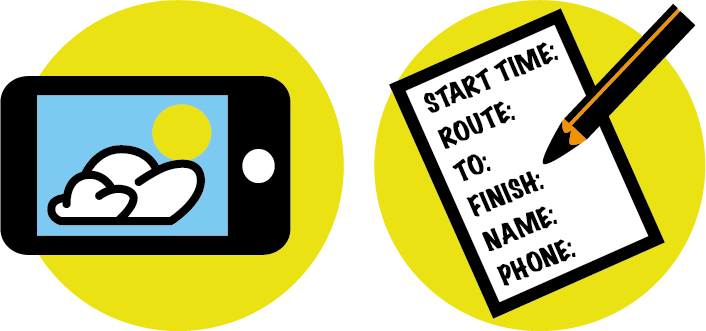
Check the weather
You can check weather and conditions online via Weatherline (for the Lake District), MWIS (mountain weather information), Met Office (general weather), and the Scottish Avalanche Information Service (SAIS) (for avalanche conditions in Scotland).
Leave details of your route plan
Include start and finish points, estimated time of return and contact details — and leave your note in a reliable place in case of emergency.
On the hill:
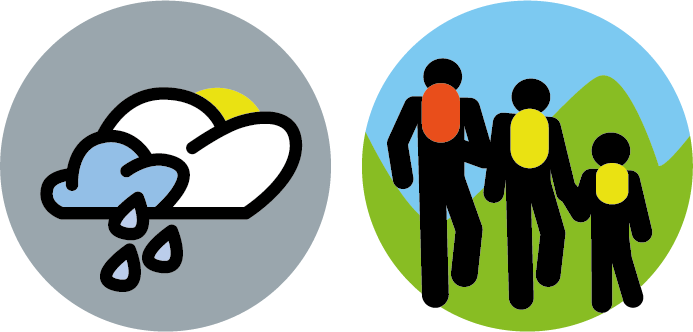
Keep an eye on the weather
Be prepared to turn back if conditions turn against you, even if this upsets a long-planned adventure.
Keep the party together
Allow the slowest in the party to determine the pace and take special care of the youngest, weakest and least knowledgeable in dangerous places.
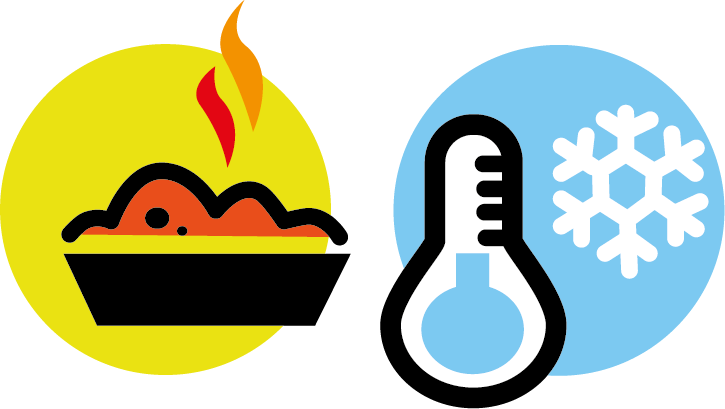
Eat well through the day
Before you start and through the day, keep your energy levels high to get the most out of your day.
Watch for signs of hypothermia
Disorientation, confusion, shivering, tiredness, pale complexion and loss of circulation in hands or toes. Children and older people are especially susceptible.
And, if you go out alone…
Be aware of the extra risk. Let people know your route and when you expect to finish and then stick to it as far as you can. If your plans change, let them know that too.
In case of emergency
Make a note of all relevant details: Location; name, gender and age of casualty; nature of injuries or emergency; number of people in the party; your mobile phone number.
Dial 999 or 112. Ask for ‘Police’ then ‘Mountain Rescue’
Make sure you tell the operator that you wish to speak to the Police. Give all your prepared details of the incident. Do NOT change your position until contacted by the rescue team. If you have to make a further 999 call, repeat this procedure.
If you have hearing or speech difficulties, you can contact the 999 emergency services by text. You will only be able to use this service if you are registered with emergencySMS first. Register now – don’t wait for an emergency!
Text ‘register’ to 999 then follow the instructions sent. In an emergency contact the emergencySMS service by texting 999. Your message should include: ‘Cumbria Police’ + details of incident + location.
What to take with you
- Suitable clothing and footwear including spare clothing, hat and gloves – even in summer!
- Ample food and water for the day ahead – even in cool weather, it’s easy to get dehydrated.
- Map and compass, torch and head torch. And a whistle.
- If you carry GPS, make sure it’s set up with the correct map and grid data.
- At least one member of the party should have a watch.
- First aid kit including essential medication.
- Climbers and mountain bikers should wear a helmet.
Both torch and whistle can be used to signal for help:
Six good long blasts in a minute. Stop for one minute. Repeat. Continue until someone reaches you and don’t stop because you hear a reply. Your whistle blasts may be a direction finder.

For more details about how to stay #AdventureSmart, head to our Fact File on Safety where you can read more and download a handy PDF.
